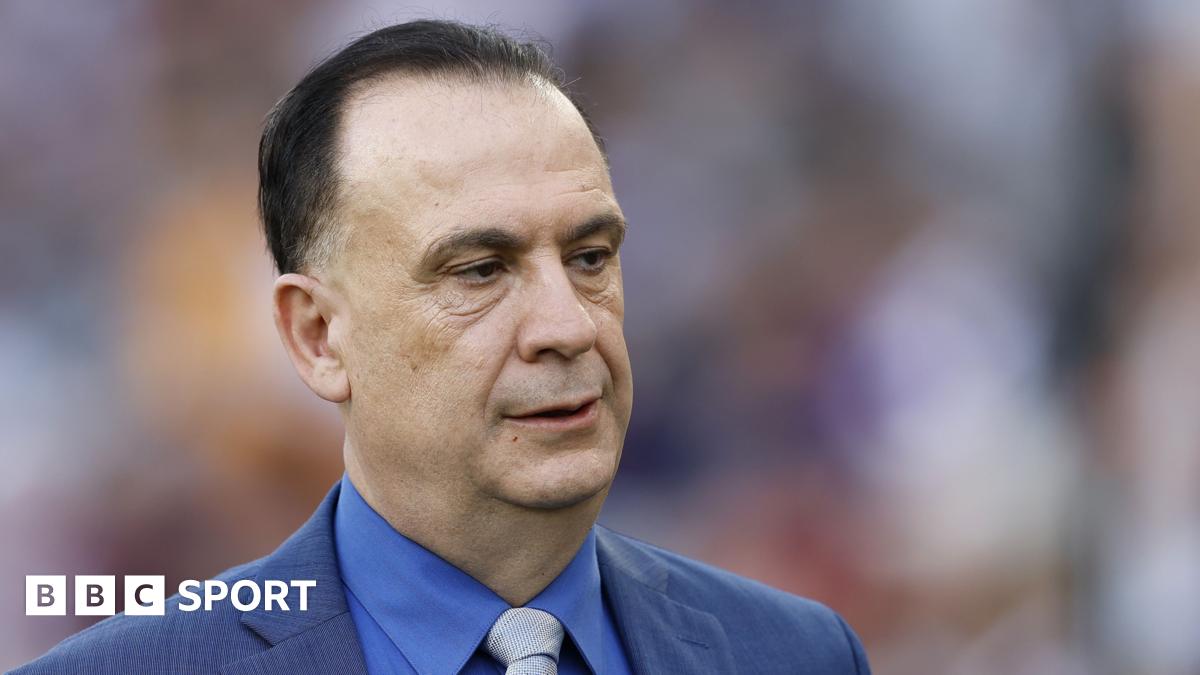Opinion
October 28, 2025 — 7.30pm
October 28, 2025 — 7.30pm
My wife and I earn well ($200,000+ combined), but we also have a significant mortgage and private school fees. I’m detailed in tracking expenses and try to budget, and we do have some savings and some ETFs. But we’re not saving much, so despite what we’re earning I don’t feel like we’re moving ahead. I can’t see any real wiggle room, or ways to create more space in our budget. I’m thinking maybe we should downsize in a few years, but I don’t know. How can I move the needle in this situation?
There’s a practical side to this, and a mindset side.

Simply tracking your expenses is unlikely to move the dial when it comes to actually saving money.Credit: Simon Letch
On the practical side, the first potential area of improvement for you is replacing budgeting with a streamlined savings system.
One mistake I frequently see is that people often think tracking expenses is a savings strategy. It’s not. Tracking expenses is a good starting point for you to know where there might be opportunities to save – but by itself, it won’t help you save.
Just like, you can have an indicator in your car that tells you petrol is low – but that’s all it does, tell you how much petrol you have or don’t have. The indicator doesn’t manage the petrol, or save the petrol, or fill the tank. Its sole job is to inform you of the current state of the petrol tank.
So, what do you do with this data? For many people, budgeting means looking at their expenses, setting a spending limit per spending category (e.g. I won’t spend more than $150 on groceries this week), and then trying (but often failing) to live inside that limit.
Much of our spending is driven by what we value and prioritise, but for many people this is a very unconscious process.
If this is your definition of budgeting, let me save you time, money and sanity: it’ll never work, consistently, long term. Hoping you’ll be able to force behaviour change is not a good saving strategy.
The point of tracking expenses is to then be able to design a savings system that is data-driven. After living expenses, how much will automatically go to savings every time income comes in? How much will be allocated for monthly investments?
These questions will help you design a streamlined savings system which, I’ve consistently found, helps people save more money, more consistently, than traditional budgeting.
On the mindset side, there are a few different elements here. The first is really getting clear on your vision and your values. When you have clarity on what your vision for your life is, and what values are most important to you, it becomes easier to spend in alignment with those values. It gives you clarity on how to direct your resources in a way that is a good fit for your life.
For example – should you downsize? It depends. How much do you value your home, and why? For some, having the dream home to create family memories is a top priority. That might make it more worthwhile for them to spend very liberally on their home.
For others, creating long-term financial security might be more important than a fancy home. Maybe there are other goals that are more important to them (e.g. early retirement, funding some dream for their child like university etc).
They might choose a smaller home, in favour of being able to contribute more to investments for those future goals. There’s always a trade-off – there isn’t a correct one to make, but the one that will feel like a better fit for your personal values, goals and priorities.
Much of our spending is driven by what we value and prioritise, but for many people this is a very unconscious process. We don’t take the time to think about – what do I value and why? Is my spending in alignment with the values I say are important to me?
Loading
The more you are consciously aware of your own values and priorities, and how you want to spend your resources in alignment with them, the more clarity you will have in your spending decisions.
So far, I’ve focused on ways to optimise your spending and saving – both from a practical perspective, and then a more behavioural perspective. The other side of this is – you can also increase your income.
Yes, optimising spending and saving is an important first step because if you don’t do the optimisation first, there’s a good chance that increasing your income won’t help.
However, after you’ve optimised, there’s also nothing wrong with deciding: instead of shrinking my life to fit my means, I want to expand my means to fit my dreams. You can live less, to build wealth – which tends to be the mainstream financial advice.
But I prefer to teach people how to build wealth, to live more. Let your dreams be the inspiration to expand your means.
Paridhi Jain is founder of SkilledSmart, which helps adults learn to manage, save and invest money through financial education courses and classes.
- Advice given in this article is general in nature and not intended to influence readers’ decisions about investing or financial products. They should always seek their own professional advice that takes into account their own personal circumstances before making any financial decisions.
Expert tips on how to save, invest and make the most of your money delivered to your inbox every Sunday. Sign up for our Real Money newsletter.
Most Viewed in Money
Loading


















































